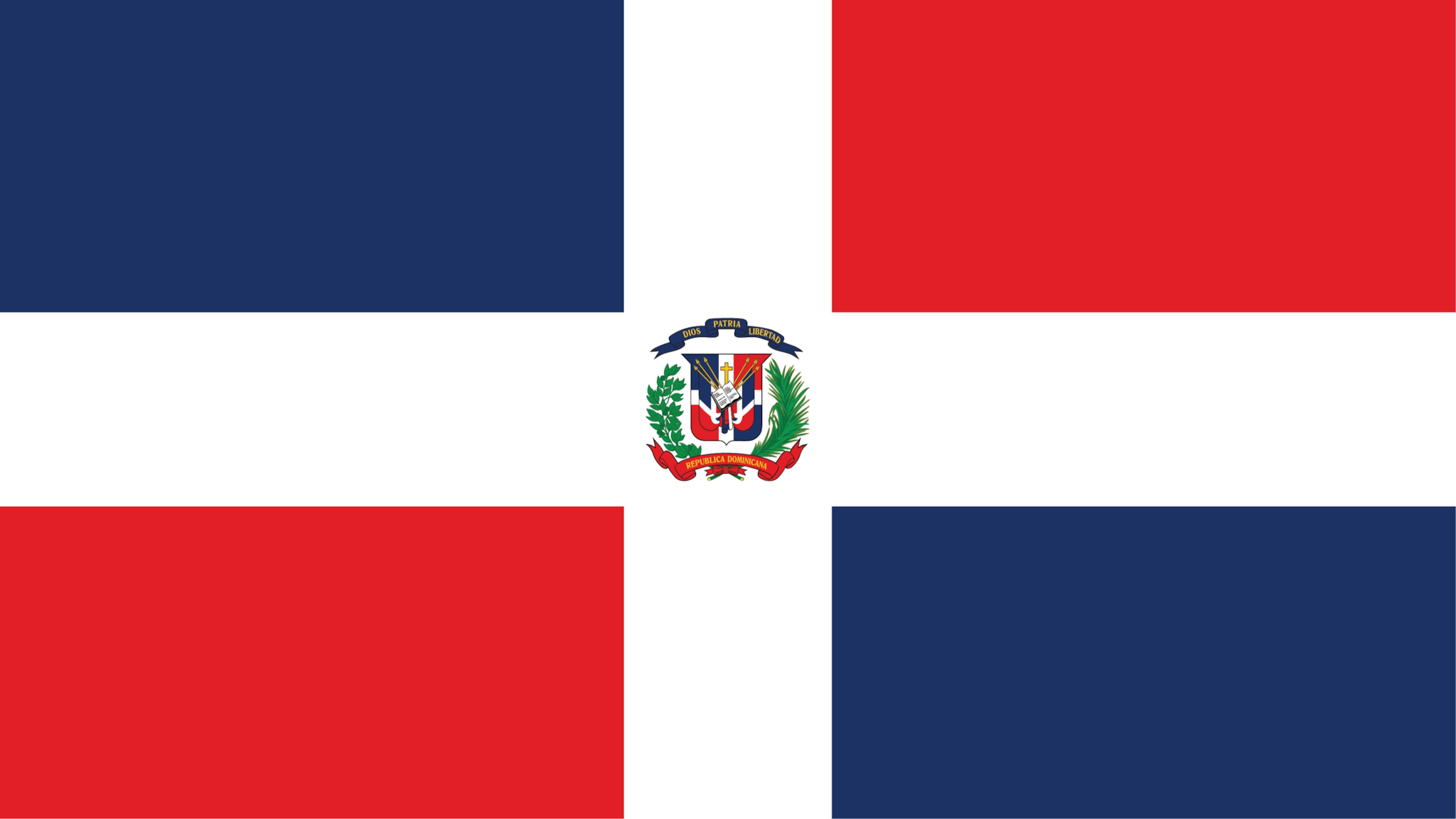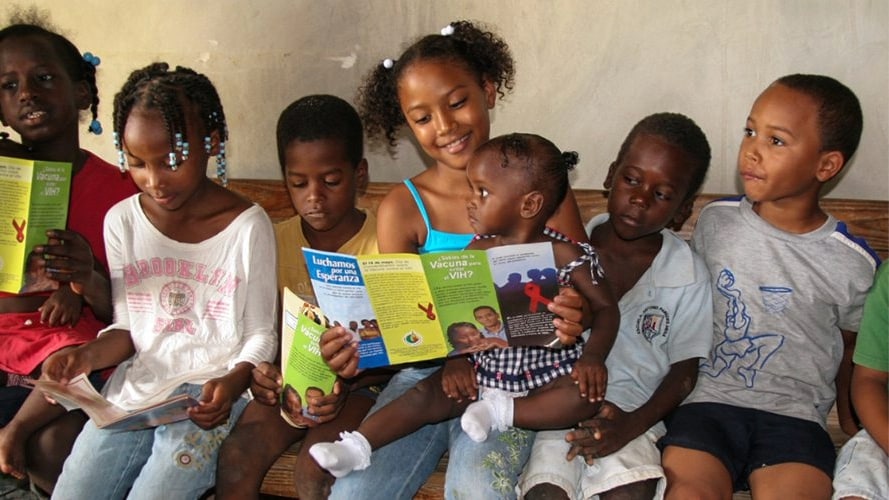At a glance
CDC Dominican Republic (DR) was established in 2009. CDC DR works with the Ministry of Health (MOH) and other partner organizations to detect, prevent, and respond to global public health threats. Program areas address HIV and tuberculosis (TB), global health security, and emerging diseases. CDC’s work aims to protect the health of Americans and support public health around the world.

Key accomplishments

- Helped the MOH design and launch the National Situation Room, where government leaders use data to manage outbreaks and coordinate rapid responses to public health threats.
- Supported the national HIV program to keep more than 20,000 people on lifelong HIV treatment and slow the spread of HIV.
- Worked with the MOH to automate HIV health data systems so that providers receive test results faster and patients begin treatment sooner.
- Helped the National Public Health Laboratory achieve international accreditation (ISO 15189), the gold standard for laboratory quality, so that patients and providers receive more accurate and reliable test results.
- Improved the country’s ability to quickly detect and respond to health threats through CDC’s flagship Field Epidemiology Training Program.
- Helped the MOH investigate deaths of U.S. citizens from cosmetic surgery. The U.S. State Department now uses these findings to advise travelers on how to reduce their risk from medical tourism.
Global health security
CDC’s global health security program works with the government of the Dominican Republic (DR) to help them prepare for the next pandemic. This work includes strengthening health systems to prevent, detect, and respond to infectious disease threats.
Laboratory capacity
CDC's Strengthening Laboratory Management Toward Accreditation (SLMTA) program has successfully improved the quality of laboratory services. The program is now transitioning to the government of the DR for continued implementation. CDC has trained laboratory staff on methods to diagnose arboviruses such as dengue, Zika, and chikungunya, as well as respiratory diseases such as COVID-19 and influenza.
Disease surveillance and response
CDC DR helped the MOH develop the National Epidemiology Surveillance System. This electronic platform includes a laboratory component and is used for individual reporting of all notifiable diseases. CDC also helped transition the DR from weekly paper-based reporting to daily electronic reporting.
Workforce development
As of 2025, nearly 900 epidemiology trainees graduated from CDC’s Field Epidemiology Training Program (FETP). Over 250 of these graduates also completed the Intermediate FETP and over 25 also completed the Advanced FETP. These epidemiologists serve as on-the-ground disease detectives on the front lines of public health. They have helped detect, prevent, and control numerous disease outbreaks across the DR before they can become epidemics.
HIV and TB
As a key implementer of the U.S. President's Emergency Plan for AIDS Relief (PEPFAR), CDC plays an essential role in the fight against HIV and TB. With unmatched scientific and technical knowledge and long-standing relationships with ministries of health, CDC is uniquely positioned to advance HIV, TB, and other global health security activities that keep Americans safe at home and abroad.
Through PEPFAR, CDC provides critical support to the DR's public health infrastructure, improving the country's ability to prevent, detect, and respond to HIV, TB, and other infectious diseases and minimizing their risk from entering the U.S.
Additional activities
CDC works closely with the MOH to respond to a broad range of infectious disease outbreaks and other health problems. This range includes cholera, chikungunya, Zika, malaria, histoplasmosis, dengue, monkeypox, COVID-19, infection control, and medical tourism.
Medical tourism
CDC and the MOH conducted an investigation on deaths among US citizens who had cosmetic surgery in the DR. The recommendations from the investigation are being used by the U.S. State Department to alert U.S. citizens on how to reduce their risk of complications and death. The MOH is using the recommendations to improve the safety and quality of cosmetic surgery in the DR.
Infection prevention and control
CDC supported the development of infection prevention and control plans for respiratory diseases, including tuberculosis, in 10 HIV clinics across the country.

![[thumbnail] (hidden)](/global-health/media/images/2026/01/Dominican-Republic_thumbnail.jpg)